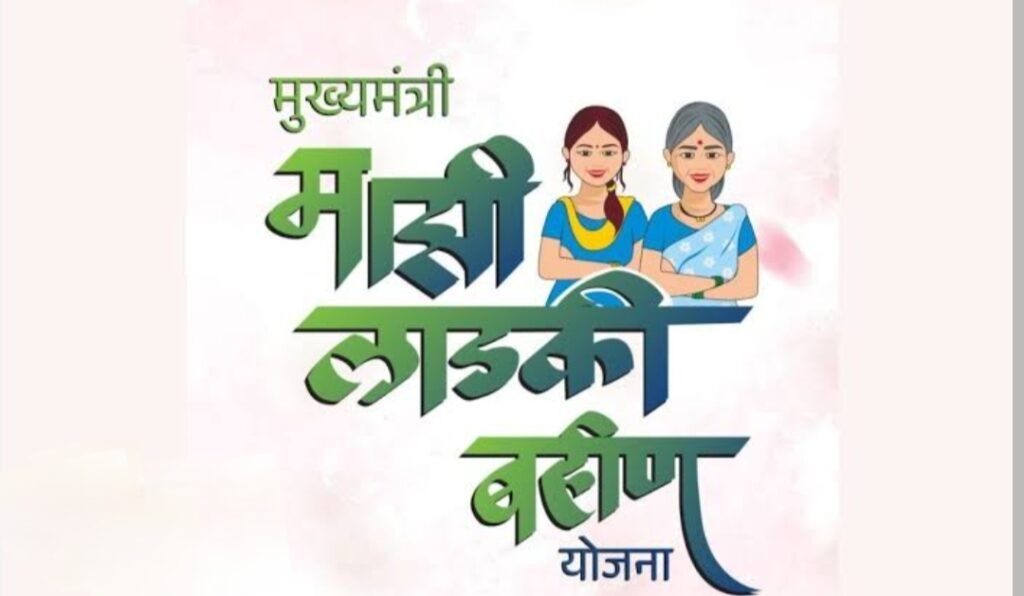Indian politics and the Indian people have perpetually been witness to calculated policy pronouncements made with a view to entice or influence votes before elections. Whether it is farm loan waivers and cash handouts or fuel price reductions, all parties on both sides have mastered the game of electoral bribes- populism overriding governance. Even though these pre-poll sops tend to offer immediate respite, they also raise questions about fiscal responsibility and the morality of using public monies for political purposes.
The practice of announcing welfare schemes prior to elections has a very long history in India. It dates to the early days of democratic rule when parties understood the potential of targeted welfare schemes. In 1971, the ‘Garibi Hatao’ campaign led by Indira Gandhi opened a trend in using these appeals for direct benefit to win elections. The ripple effects of the farm loan waiver in 1989 by Rajiv Gandhi and the OBC reservations enforced in 1991 strengthened this practice. The introduction of direct cash benefits such as United Progressive Alliance’s Direct Benefit Transfer (DBT), in 2013-14 and Bhartiya Janta Party’s PM-KISAN in 2019, further justified pre-election sops in Indian politics.
Farm loan waivers are the most popular used method. Farmers are a sizable voting group and hence are obvious targets. The first major incident was in 1989 when Prime Minister Rajiv Gandhi waived INR 10,000 crore before elections. Congress, nonetheless, lost, thus showing that loan waivers don’t guarantee voter loyalty by themselves. The strategy continued with greater vigour. In 2008, UPA initiated an INR 60,000 crore waiver before the 2009 election, bolstering Congress’s support in rural India to a considerable extent. Congress had waivers announced in Madhya Pradesh, Chhattisgarh, and Rajasthan before 2019. BJP, too, has relied on them, such as Yogi Adityanath’s INR 36,000 crore waiver in the state of Uttar Pradesh and INR 34,000 crore waiver by Devendra Fadnavis in the state of Maharashtra in 2017. Although these provide temporary relief, critics contend that they foster non-repayment and deplete public coffers.
Manipulating fuel prices for political benefit has become a recurring trend. In 2008, when inflation surged, UPA reduced fuel prices before the 2009 elections to relieve the strain on middle-class voters. Similarly in 2022, BJP government reduced excise duty on fuel before the Uttar Pradesh elections. While fuel price adjustments may seem like economic policy, their timing before elections implies a clear electoral motive.
Cash transfers and social welfare programs have dominated election bribes. Just before the 2014 elections, UPA introduced DBT, ensuring the beneficiaries’ subsidies. While it was good for governance, its timing just before elections seemed calculated. Similarly, on the eve of the 2019 elections, the BJP administration introduced PM-KISAN, with INR 6,000 a year for farmers, expanding its rural support base. This was later emulated in state polls also, where Aam Aadmi Party in Punjab announced INR 1,000 per month allowance to women and free electricity and it proved to be a deciding point in its victory. Ahead of polls to the Maharashtra assembly in 2024, BJP announced Majhi Ladki Bahin Yojana whereby economically disadvantaged women would be entitled to INR 1,500 a month, which followed the trend in other states regarding sops.
While pre-poll sops are politically useful, they also create concern around fiscal prudence and governance morality. Massive waivers, freebies, and cash transfers strain state and central coffers, sucking funds away from crucial investments in health, education, and infrastructure. Frequent waiver of loans discourage fiscal discipline, and excessive reliance on cash transfers can breed dependence. The Supreme Court has expressed concerns over reckless freebies, and the Election Commission has debated regulating such promises, but no concrete measures have been enforced.
The sop culture before elections raises a simple question: Are voters complicit in this cycle of electoral bribery? The parties provide money during every election, and even though most people decry such tactics, they work. The issue is not just politicians using state commodities as baits but also an electorate that anticipates and delivers such goodies. Such dependence on short-term relief, rather than calling for structural change, erodes democracy. Welfare programs are not bad in themselves, but when they are simply reduced to election tactics instead of long-term policies, they harm more than they help. Voters need to stop looking at the short-term goodies and make politicians answer for something more than elections. Real empowerment is through policies that generate employment, enhance education, and establish a robust economy. Until such time as this shift in voter opinion occurs, Indian elections will remain a fight of who can offer the greatest freebie rather than who is leading the nation towards true and sustainable development.
Authors: Mahima Gupta, Smita Pandey & Sairaje Patil

